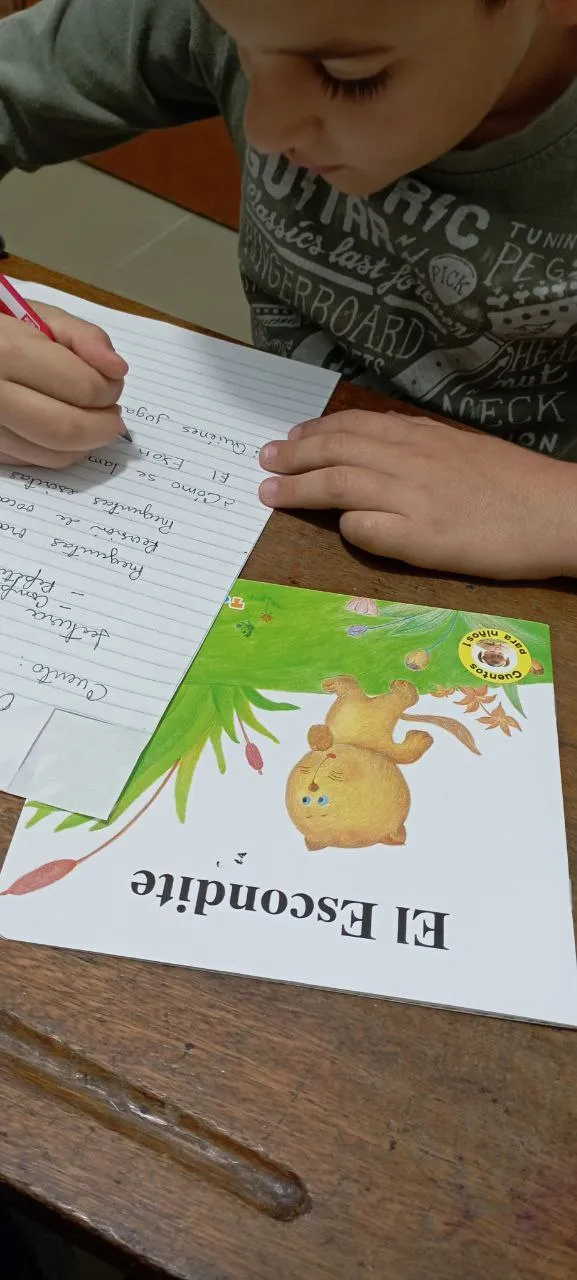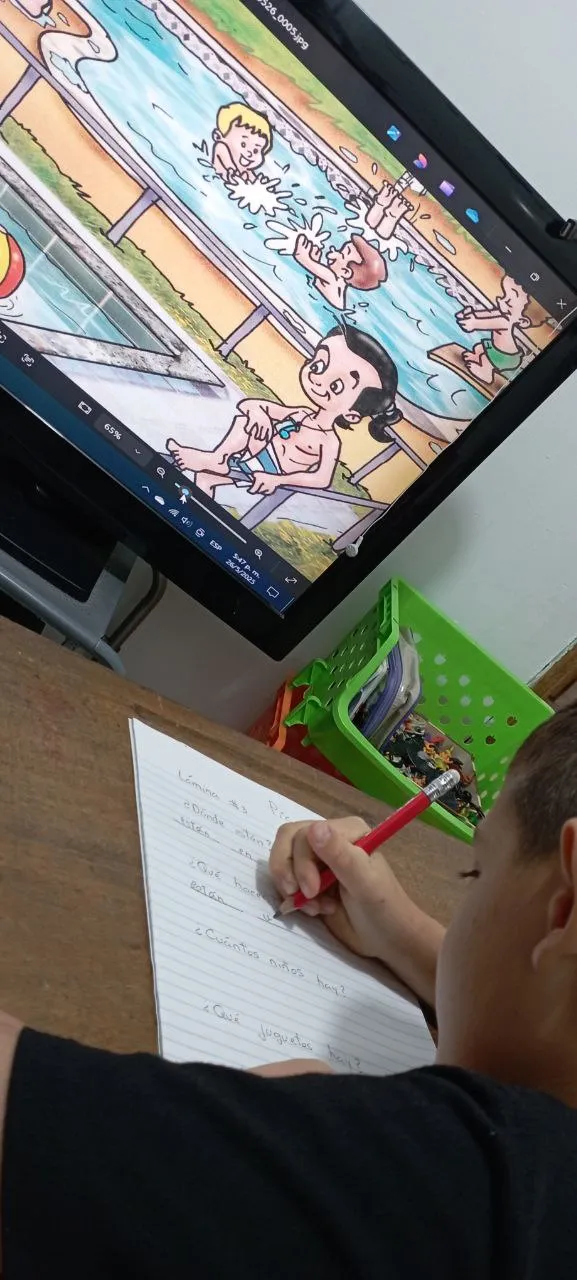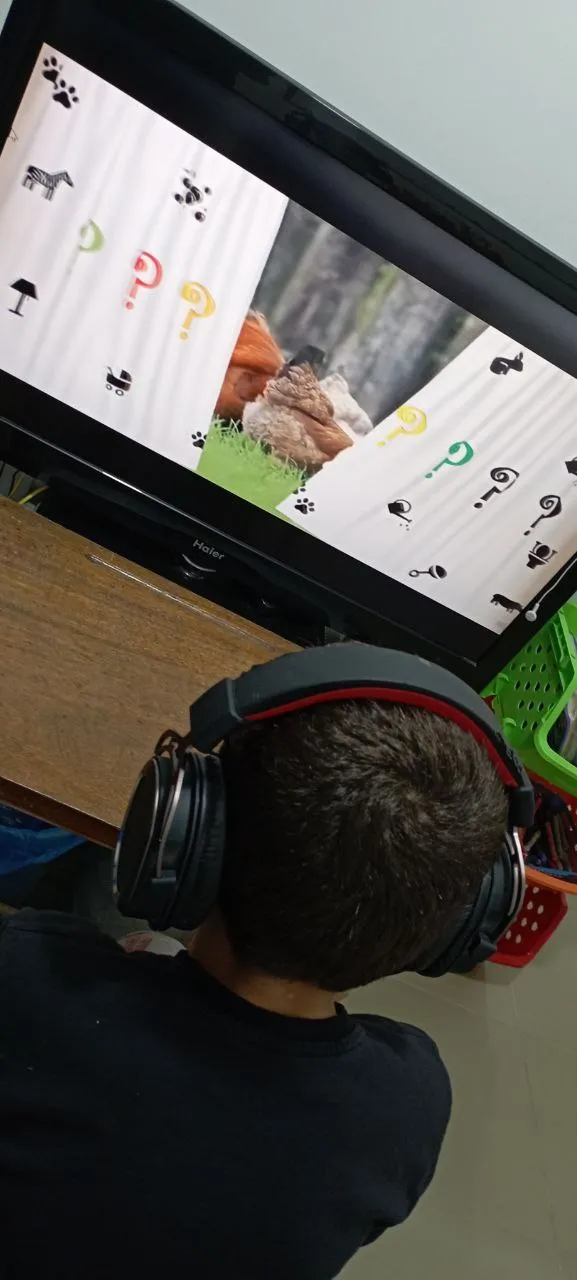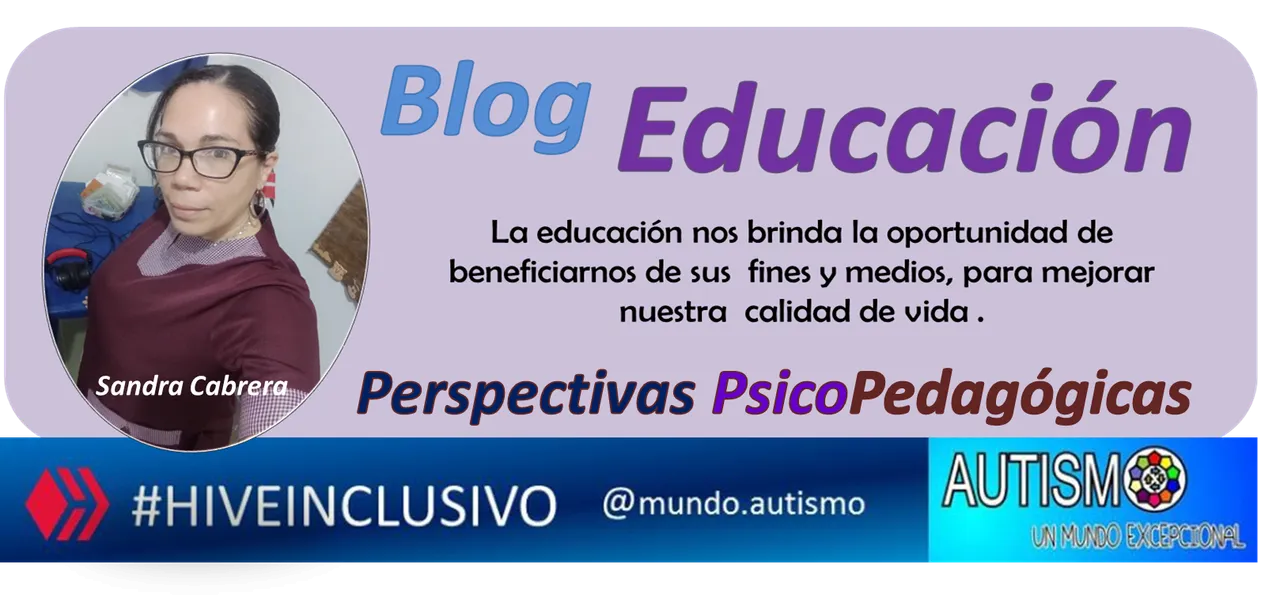La intervención temprana se ha convertido en un concepto fundamental en el ámbito de la salud y la educación. Se refiere a los programas y estrategias implementados para apoyar a los niños y sus familias en las etapas iniciales de desarrollo, especialmente cuando se identifican posibles retrasos o dificultades. Las primeras experiencias en la vida de un niño son cruciales para su desarrollo posterior, y la intervención temprana juega un papel esencial en garantizar que estos pequeños reciban el soporte necesario para prosperar, lo que tiene un impacto duradero en su bienestar emocional, social y cognitivo.
Qué importancia tiene la intervención temprana
▶Early intervention has become a fundamental concept in the fields of health and education. It refers to the programs and strategies implemented to support children and their families in the initial stages of development, especially when potential delays or difficulties are identified. The earliest experiences in a child's life are crucial to their later development, and early intervention plays an essential role in ensuring these children receive the support they need to thrive, which has a lasting impact on their emotional, social, and cognitive well-being.
Why is early intervention important?
No todos los problemas del aprendizaje en los niños autistas se manifiestan de la misma forma y/o a la misma edad. Entran en juego una serie de factores que podrían colaborar al enmascaramiento de los síntomas y éstos, con el tiempo, van tomando una forma que el psicopedagogo identifica y al mismo tiempo sabe que no es el inicio de tales interferencias; éstas ya han aparecido mucho antes, sin ser notadas.

▶Not all learning difficulties in autistic children manifest in the same way and/or at the same age. A number of factors come into play that could contribute to masking the symptoms, and over time, these develop into a form that the educational psychologist identifies and at the same time recognizes is not the beginning of such interferences; they have already appeared long before, unnoticed.

Es comprensible que los padres y maestros piensen que las dificultades aparecen cuando pueden ser identificadas; sin embargo, es una de las tantas deudas que tenemos pendiente con la ayuda y educación de las familias y los docentes, por lo que es necesario realizar actividades para formar e informar sobre los problemas del aprendizaje.
▶It's understandable that parents and teachers think that difficulties arise when they can be identified; however, this is one of the many outstanding debts we owe in the support and education of families and teachers, so it's necessary to carry out activities to educate and inform students about learning difficulties.

Hace algunos años el mito del niño pequeño estaba muy extendido tanto en educación como entre otros profesionales del área de la medicina, la psicología, la neurología, por ejemplo. Se decía que esta población, por constituir un desarrollo en formación, no se le podía señalar ni tildar con problemas. Se advertían sobre características en el desarrollo, especialmente cuando éstas eran notables.
▶A few years ago, the myth of the small child was widespread in education and among other professionals in the fields of medicine, psychology, and neurology, for example. It was said that this population, because it was a developing population, could not be singled out or labeled as having problems. Warnings were made about developmental characteristics, especially when these were notable.


Sin embargo, las dificultades de aprendizajes quedaban totalmente solapadas por falsas creencias que ciertamente hicieron mucho daño. Como consecuencia, los servicios de apoyo integrados a las escuelas y a los preescolares, quedaban sometidos fundamentalmente a seguimiento y observación, quedando la intervención directa de los niños en un segundo plano, aguardando generalmente hasta después de los seis años de edad.
▶However, learning difficulties were completely masked by false beliefs that were certainly very harmful. As a result, support services integrated into schools and preschools were primarily subject to monitoring and observation, with direct intervention with children taking a backseat, generally waiting until after the age of six.

Hoy, gracias a los significativos avances en investigación y sus derivados en instrumentos de medición, evaluación y abordaje, se ha podido comprobar que es precisamente en esas etapas tempranas de la niñez donde podemos identificar y abordar las nacientes dificultades, que a futuro causarían bajo rendimiento escolar, deserción, desescolarización y repitencia, con todas las consecuencias sociales y emocionales que estas situaciones derivan sobre el niño y la familia.
▶Today, thanks to significant advances in research and its derivatives in measurement, evaluation and approach instruments, it has been proven that it is precisely in these early stages of childhood where we can identify and address emerging difficulties, which in the future would cause poor academic performance, dropouts, deschooling and repetition, with all the social and emotional consequences that these situations have on the child and the family.

De hecho, en el DSM5, el Manual de Diagnósticos y Estadísticas, se clasifican los trastornos específicos del aprendizaje sin colocar barreras alrededor de edades tempranas. Por otra parte, nuestra experiencia nos indica que los niños de preescolar suelen manifestar características en su proceso de aprendizaje que nos alertan sobre la formación de problemas.
▶In fact, in the DSM5, the Diagnostic and Statistical Manual, specific learning disorders are classified without placing barriers around early ages. On the other hand, our experience tells us that preschool children often show characteristics in their learning process that alert us to the formation of problems.

Así que no esperes a que el niño tenga verdaderos problemas para leer, escribir o manejar los símbolos numéricos. Si observas algunas de estas características, busca sin tardanza ayuda y/o sigue estos consejos. Espero que esta información te haya parecido interesante y sobre todo útil. Si gustas, ayúdanos a compartir. Saludos y hasta una próxima oportunidad, en esta columna sobre _Perspectivas Psicopedagógicas.
▶So don't wait until your child has real trouble reading, writing, or using number symbols. If you notice any of these characteristics, seek help immediately and/or follow these tips. I hope you found this information interesting and, above all, useful. If you like, please help us share it. Greetings and until next time, in this column on Psychopedagogical Perspectives..



Soy Sandra Cabrera, licenciada en Dificultades para el Aprendizaje, con estudios de postgrado en Educación Especial Integral, Planificación Educativa y Literatura Infantil. Si te interesan los temas sobre educación especial, la discapacidad y las condiciones especiales del desarrollo, puedes contactarme a través de los números 04128032993 y 0412 8333334 y en:
El canal de Telegram, Trastornos del Aprendizaje.
En las redes sociales Instagram y Facebook1 y Facebook2. Sandra Cabrera Psicopedagoga.
En la cuenta de spreaker, @sandracabrerapodcast.
▶I am Sandra Cabrera, a graduate in Learning Disabilities, with postgraduate studies in Comprehensive Special Education, Educational Planning, and Children's Literature. If you are interested in topics related to special education, disabilities, and special developmental conditions, you can contact me at 04128032993 and 0412 8333334, and at:
The Telegram Learning Disabilities channel.
On social media: Instagram and Facebook1 and Facebook2. Sandra Cabrera, Psychopedagogue.
On the spreaker account, @sandracabrerapodcast.

Acompáñanos, suscribiéndote a Mundo Autismo/Join us by subscribing to Mundo Autismo

Y sé parte de un mundo excepcional, donde tendrás la oportunidad de informarte e interactuar./And be part of an exceptional world, where you will have the opportunity to learn and interact.
Nos encuentras en:/You can find us at:
X


Apoya a @aliento como Testigo./Support @aliento as a Witness

Fuentes de las imágenes:
Logo propiedad de la comunidad @mundo.autismo
Logo propiedad de la Comunidad @aliento
Logo X, editado en PowerPoint, Pixabay
Logo Facebook editado en PowerPoint, Pixabay
Image sources:
Logo owned by the @mundo.autismo community
Logo owned by the @aliento Community
X logo, edited in PowerPoint, Pixabay
Facebook logo edited in PowerPoint, Pixabay